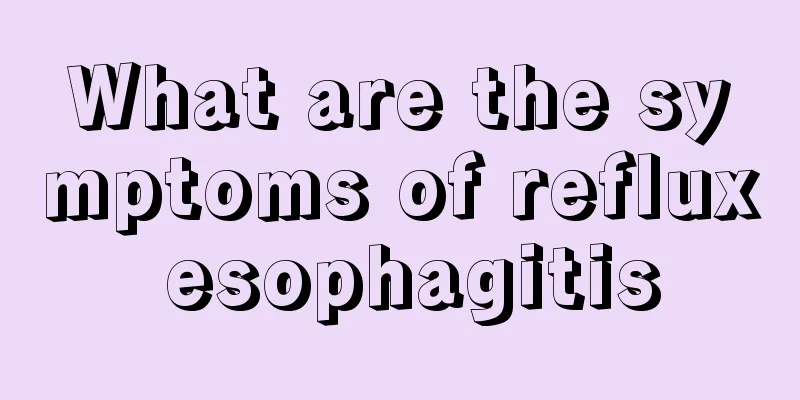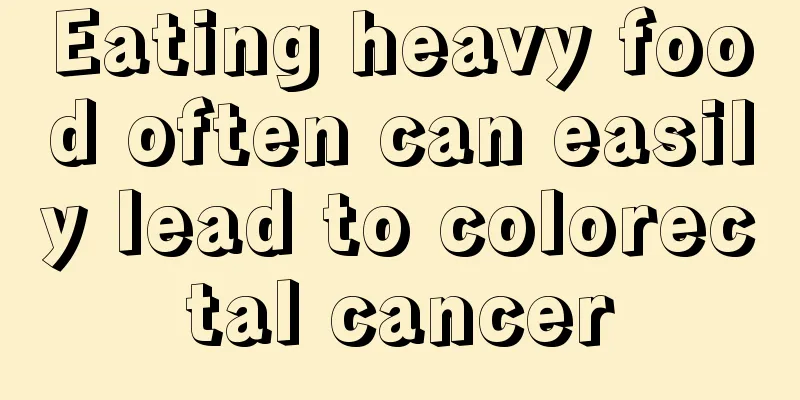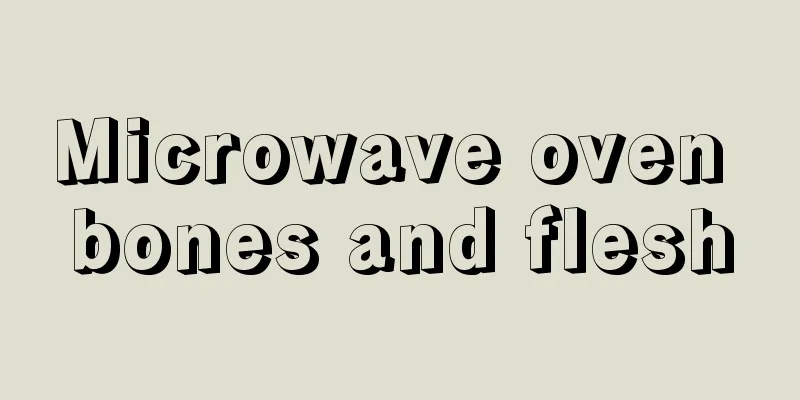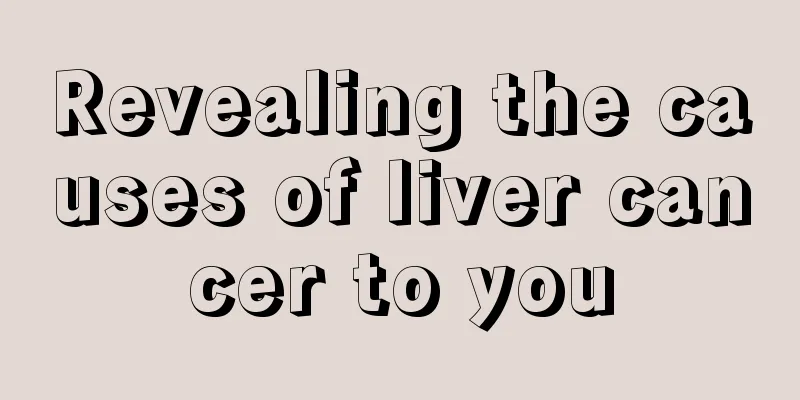What are the symptoms of reflux esophagitis

|
Reflux esophagitis is an inflammatory disease of the esophagus. Clinically, the symptoms of reflux esophagitis are very obvious. Food may back up into the esophagus or stomach tube, and patients often experience dysphagia when swallowing. When food is regurgitated, there is a noticeable burning sensation. 1. Gastric and esophageal reflux After each meal, when lying forward or sleeping in bed at night, acidic liquid or food refluxes from the stomach and esophagus into the pharynx or mouth. This symptom often occurs before the burning sensation or burning pain behind the sternum. 2. Painful swallowing It is caused by food bolus irritating the inflamed esophagus or esophageal spasm. The distribution and radiation sites of spasmodic pain are the same as those of heartburn. The food bolus causes acute expansion of the esophagus in the esophagitis area and some stenosis or motor dysfunction areas, and the third contraction or spasm occurs. The patient may feel that the food or liquid is paused above the esophagus and has to wait for the food bolus to move down or be flushed down by drinking water. The expanded esophagus above the food bolus pause can cause very severe pain. Spasmodic pain can also be caused by reflux. 3. Difficulty swallowing In the early stage, intermittent dysphagia may occur due to secondary esophageal spasm caused by esophagitis. In the later stage, the esophageal scar may cause stenosis, and the burning sensation and burning pain will gradually decrease and be replaced by permanent dysphagia. Eating solid food may cause a feeling of blockage or pain in the xiphoid process. 4. Nausea The reflux of gastric acid or bile into the back wall of the oral cavity indicates gastroesophageal reflux. The gastric contents can be vomited out or swallowed, leaving a sour or bitter taste in the pharynx and oral cavity, causing bad breath or taste damage. Chronically irritated lips may have a burning sensation. Nausea may occur after eating, exerting force or changing body position, often accompanied by gastrointestinal flatulence and hiccups. Nocturnal reflux can also cause coughing, aspiration pneumonia or suffocation. 5. Bleeding and anemia Severe esophagitis may cause esophageal mucosal erosion and bleeding, which is mostly chronic small-scale bleeding. Long-term or heavy bleeding can lead to iron deficiency anemia. 6. Other symptoms Refluxed material enters the throat through the cricopharyngeal sphincter, which may cause laryngeal and tracheal aspiration, inflammatory vocal cord polyps, and asthma in susceptible patients. Diffuse esophagitis or invasive ulcers may cause vomiting blood and chronic blood loss. A few penetrating ulcers may cause esophageal perforation. |
<<: What should I do if I have bloating due to appendicitis? These methods can alleviate
>>: What are the symptoms of colitis?
Recommend
How long can a person with bile duct tumor live
How long a patient with bile duct tumor can live ...
Is ablation not recommended for thyroid cancer?
Ablation surgery is not recommended for thyroid c...
How to correctly understand rabies vaccine
In fact, everyone is familiar with rabies vaccine...
The simplest fruit platter
What are some of the simplest fruit platters? Now...
What Chinese medicine is better for nasopharyngeal cancer
After rhinitis occurs, everyone must treat it rea...
Can advanced pancreatic cancer be cured?
As pancreatic cancer worsens, the effectiveness o...
How to wash yellow sweat stains under the armpits
Yellowing of armpit sweat stains is a common and ...
Treatment principles for rectal cancer that require strict attention
In China, rectal cancer is a very common disease....
What are the health guidelines for heart failure
Heart failure is a syndrome of heart dysfunction ...
Mild migraine
Everyone knows that migraine is a very common sym...
Can an electric oven heat food?
The living standards of modern people are getting...
How much does testicular cancer cost
How much does testicular cancer cost? Many patien...
What is the principle of scraping
In fact, many friends find scraping incredible be...
Can cervical precancerous lesions be cured? How to treat cervical precancerous lesions?
Most cervical precancerous lesions can be cured a...
I feel sore all over after sleeping_I feel sore all over after waking up
After a day of non-stop running and busyness, lyi...









